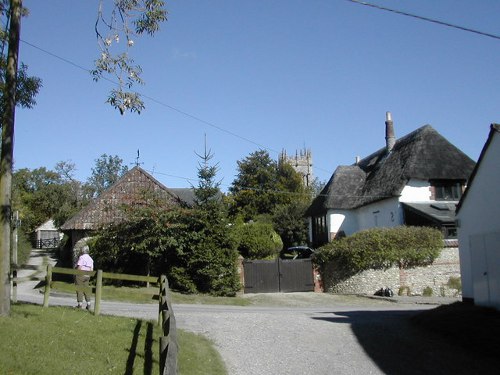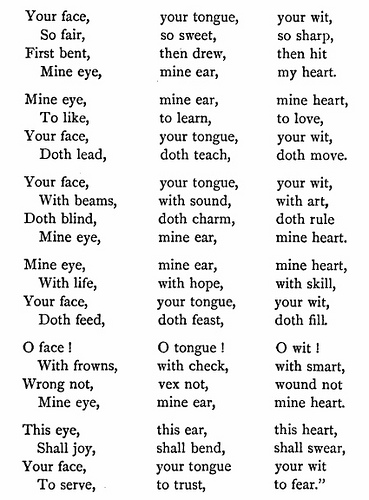
On Aug. 21, 1974, the London Times announced the reassignment of a Church of England cleric:
Diocese of Salisbury. The Rev J.E.B. Cattell, Vicar of Piddletrenthide with Alton Pancras and Plush, to be priest-in-charge of Buckhorn Weston and Kington Magna.
This drew a flood of responses. Excerpts:
Is there really a parish of Piddletrenthide with Lanton Pancras and Plush? If so, I will have to retire there; it certainly is an improvement on ‘Maidstone.’
It’s in West Dorset and is as delightful as its name implies. We also have Toller Pocorum, Sydling St Nicholas, Whitchurch Canonicorum, and Ryme Intrinseca, to name but four others.
For sheer pleasure to the ear the redeployment of ecclesiastical strength in Yorkshire which appeared in your columns some 14 years ago remains supreme: ‘the Rev G.D. Beaglehole, Vicar of Kexby with Wilberfoss to be Vicar of Bossall with Buttercrambe.’
In 1960 you also announced: ‘The Rev G. Christie, Rector of Roos with Tunstall-in-Holderness, Vicar of Garton with Grimston and Hilston and Rural Dean of South Holderness to be Vicar of Pocklington with Yapham-cum-Meltonby and Owsthorpe with Kilnwick Percy, and Millington with Great Givendale, and Rural Dean of Pocklington.’
We in Hampshire can surely beat them all with our three hearty Wallops — Over, Middle and Nether.
One signpost in Shropshire reads simply: Homer 1, Wigwig 2. How’s that for brevity and wit?
May I on behalf of Scotland offer a brief contribution to this correspondence and draw attention to the tiny but ancient fishing village on the south shore of the Firth of Forth, which proudly bears the name ‘Society’?
The first place listed in Part Two of the 1961 Census Index of Place Names aptly describes the efforts of your readers in this silly correspondence: Labour-in-Vain.
A final letter read, “Sir, as a foreigner, may I say how enjoyable has been your correspondence on this subject, for in my country we do not have such quaint place-names.” It was signed “K.J. Wyatt, Turramurra, Kur-ring-gai, New South Wales.”


